It’s undeniable that with constant developments, nearly every industry is turning towards technology. With that, computer science and coding are becoming invaluable, versatile skills that can give you a major edge in your hobbies and career.
So, you’ve gotten an interest in coding but don't know where to start. Well, the most important step of any journey is the first, and in this case, choosing a language is the first step in your coding journey.
Now, every programming language has its own strengths and weaknesses.We’ll look at some of the most popular beginner languages, evaluating their difficulty level and designated uses to find the best fit for you!
First, we need to define your interests and goals. What are you looking to gain from adding programming to your list of skills? Are you interested in gaining experience to pursue a career in computer science or tech?
Maybe you’re into graphics, web development, or game design. Whether it’s just a fun hobby, or you’re looking to use it to further your career, learning to code is the perfect way to diversify your skill set and open up opportunities in any field. No industry will ever be short in demand for data analytics, research, or website maintenance expertise — all of which can be enhanced with programming expertise. Whether your interests range from history and politics to humanities to robotics, there is no doubt that a coding background will give you an advantage in your personal and professional goals.
Another important factor you should consider is the time and effort you’re willing to put in. It’s no secret that some languages are just a bit more complicated to jump straight into than others. That’s why a language like C++, while powerful, isn’t usually a beginner’s first choice, just because it can take more time to master.
Don’t let the difficulty level discourage you, though! Every language you learn has its own value and can serve as a stepping stone to more advanced levels.
Now that you’ve established what you’re looking for in a programming language, let’s examine some of the most popular languages for beginners (Python, Java, JavaScript, HTML/CSS, and C++) to determine your perfect match!
Python
There’s a reason why Python is so often the go-to language for beginners. Its simple syntax reads like English, making it easily understandable and generally intuitive. It is also widely applicable to an array of projects, making it a valuable, versatile life and career skill.
While it’s gaining importance in fields like machine learning and artificial intelligence, it’s also a great tool for any other project you may be working on. Python is primarily used as a back-end language, but can also be used together with front-end development to improve smooth connection between the server and user interface.
So, Python is useful for nearly any project, it’s considered the “easiest” language, and you can pick it up fairly quickly — seemingly perfect for a beginner. What’s the catch?
Well, it runs considerably slower than some other languages, so it may not be ideal for very large projects. And if you’re interested in mobile app development, Python won’t be your best choice compared to a faster, compiled language like Java.
If you’re looking for a simple start, a low time commitment, wide interdisciplinary opportunities, or just a sure boost to your resume, then Python is a great choice for you! Not only is it a great introduction to programming, but it sets the tone for continued growth.
Java
Java, like Python, is high-level and beginner-friendly with its fairly simple, readable syntax. This makes it easy and quick to learn. It's also versatile in that it runs across various devices and platforms, broadening its use.
Similarly, no matter your interests, Java can be useful for you, as it’s applicable to nearly every sector to meet any of your needs. It’s a good choice if you’re interested in web and application development, data analytics, and software development.
Java is slightly more complex than a language like Python, so it takes more getting used to. Even so, it is efficient and easily understandable, considered to be a step above Python. It’s no surprise that Java is a favorite amongst coders and top tech companies.
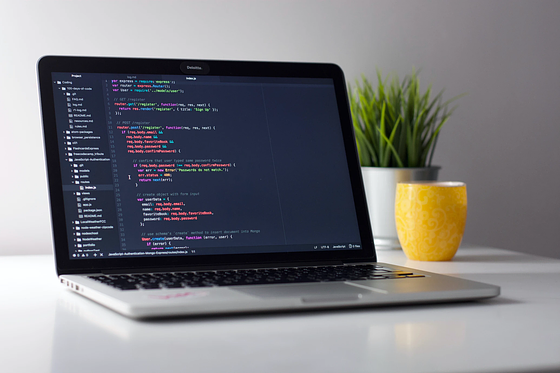 Clément Hélardot from Unsplash
Clément Hélardot from Unsplash
HTML and CSS
HTML (Hypertext Markup Language) and CSS (Cascading Style Sheets) are used to style web pages. HTML creates the content of a website, like text, headings, and photos. CSS is what arranges said content, adds fonts and colors, and allows for a responsive design (meaning the website layout adapts to various device screens). One without the other is essentially incomplete — but in tandem, HTML and CSS are the power couple of web design.
These are often dubbed the easiest languages to learn. That, paired with the wide possibilities of web development, makes them an undeniably useful tool.
However, if you’re looking to eventually grow past front-end development, HTML and CSS, as markup languages, won’t exactly teach you the important concepts necessary for other programs. This sets you up for a steep learning curve if you choose to branch out into new languages.
JavaScript
JavaScript is deemed by many as the most popular programming language. It’s used to add interactivity and functionality to a website, making it useful beyond just looks. You can use it to add important elements like drop down menus, animations, buttons, and more to upgrade your web page, mobile applications, and games.
JavaScript is also fairly intuitive, easy to learn, and provides many necessary skills that you can put forth to make learning any new language just as easy. Clearly, it’s great for anyone interested in designing applications or games, for both front-end and back-end developers.
If you’re interested in web development beyond aesthetics, JavaScript may be the one for you. More than that, if you’re interested in front-end development, JavaScript is practically essential.
C++
C++ is an older, more advanced language commonly used by more seasoned programmers. It’s fast, can handle larger projects, and is used across industries for back-end development. It’s so widely used that learning it will eventually become a must if you continue to pursue computer science.
Granted, it is more difficult than some of the other languages and will take longer to master. Even so, learning C++ gives you a solid knowledge of fundamentals, meaning you’ll be able to learn other languages with ease.
When you compare your personal factors to the pros and cons of each language, you find yourself with a recipe for success. Any of these languages may seem intimidating at first, but they all come with a supportive community that can make the learning process a breeze. Now that you’ve found your start, you’ve opened a door for yourself to countless opportunities. Good luck on your coding journey!







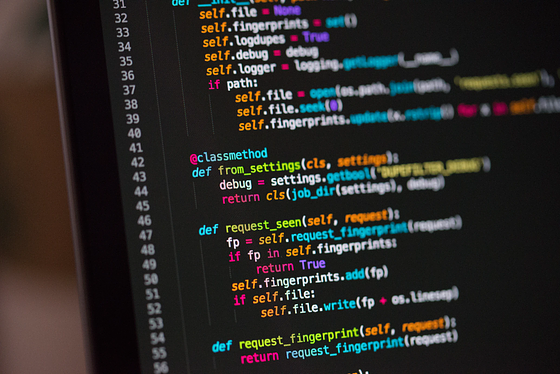
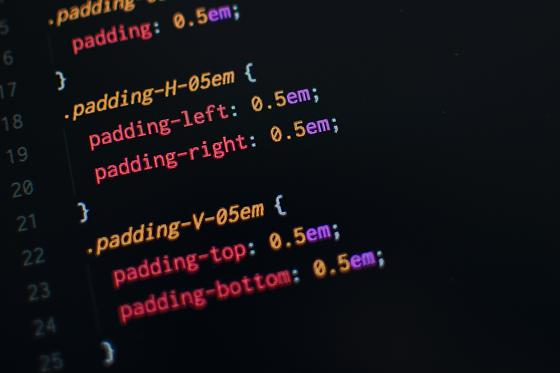
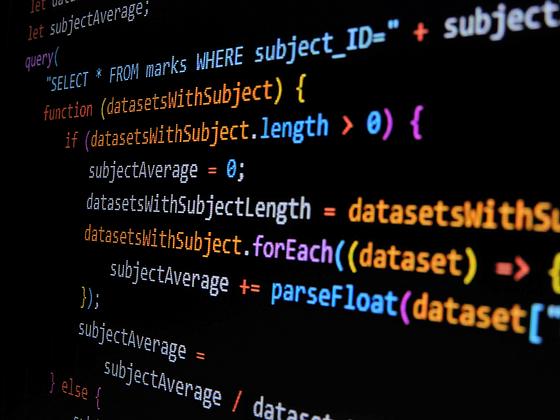
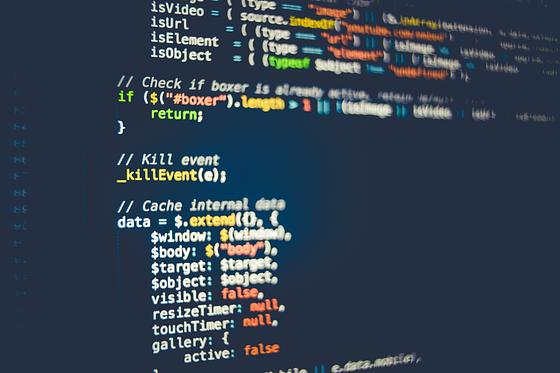






.jpg)